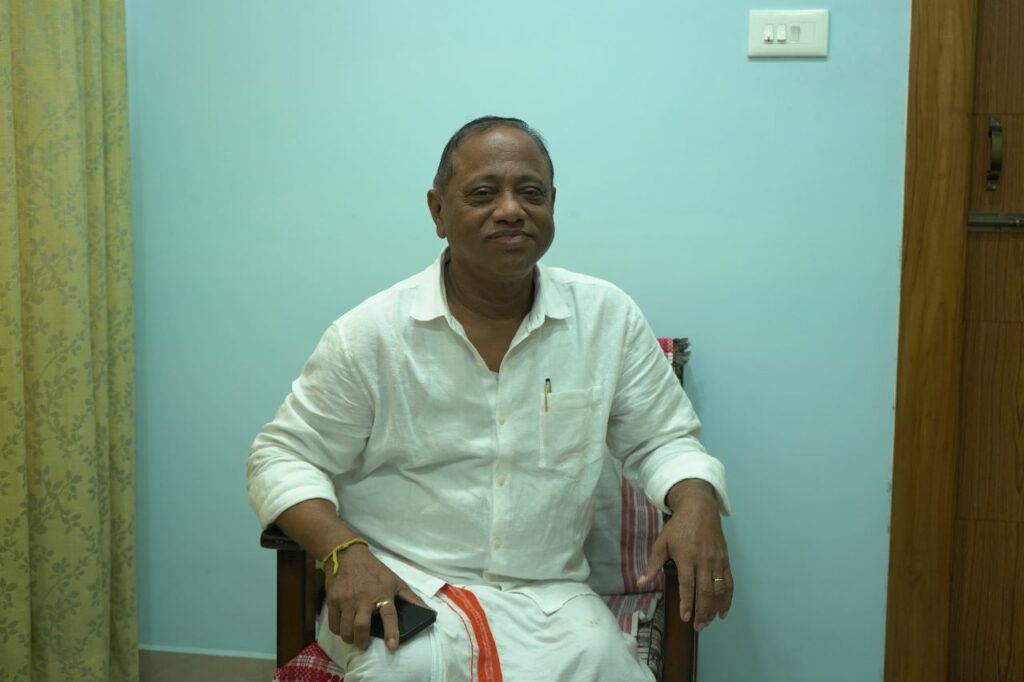
Guwahati: Assam Excise revenue collection is likely to cross record Rs 3,500 crore for the fiscal year 2022-23 jumping from a modest revenue collection of Rs 600 crore in the year 2016.
In an exclusive interview with Business-Northeast, Parimal Suklabaidya, Minister for Excise, Fisheries & Transport, Government of Assam, outlines various measures taken by his ministry to ramp up the excise revenue collection of the state.
BNE: How much revenue does Excise Department of Assam generates?
Minister: In the previous fiscal, revenues worth Rs. 3,000 crores (VAT included) were collected. When the current administration assumed charge in 2016, the revenue was around Rs. 600 crores, including VAT.
The revenue jump has not happened due to the increase sell of alcohol; we plugged several loopholes in the tax collection system. Online payment system of excise collection has helped us great deal in augmenting the revenue collection.
It should be noted that Assam's excise department has undergone dramatic change under the current administration. Moreover, it is likely that the revenue generated by the excise department this year may exceed Rs. 3,500 crores.

BNE: Any plans to issue new liquor license?
Minister: For the restaurants and hotels, we have been offering "onlicenses." Visitors come from all around the region to various hotels and eateries. In order to avoid any inconsistencies, we want to make sure that these businesses have their legal permits so customers who take alcohol may access it fairly.
A handful of the necessary stores in the Assam regions have already received "onlicenses" from us. Also, we have placed advertisements for the issue of 20 additional licenses throughout the state districts.
Right now, we're evaluating a number of different areas. This will continue until it satisfies the requirements established by the ministry.
However, no fresh liquor permits have been granted. We'll keep you updated if there are any such changes.
BNE: How many distilleries are current present?
Minister: We have a three-type system with IMFL, Country Spirit, and Heritage Liquor in the excise department.
Fruit wines are one of the numerous innovative approaches that have been introduced recently.
Although we haven't done much to add distilleries to the state, the government has banned the "mahal system" of arunachali liquors, which encouraged illegal liquor sales in order to avoid paying taxes.
Right now, we're making more of an effort to satisfy the technological requirements. The liquors are currently being analysed in labs before being sent to markets for sale.
The idea of a distillery is not new. It is a transformation of the previous "mahal system."
However, if any more distilleries or warehouses are necessary in any of the locations, it will be informed.
BNE: Any upgradation in the excise department in the digitization front?
Minister: Previously, the excise department's taxes were manually collected. However, with departmental upgrades, it is now possible to pay excise taxes online. Even if a trader wishes to issue permits, they can do so by submitting an online application. Additionally, the department has enabled the ability to trace liquor packages in real time, making it possible to regulate transportation.
ALSO READ: Dredging Corporation of India bags Rs. 770 cr World Bank project